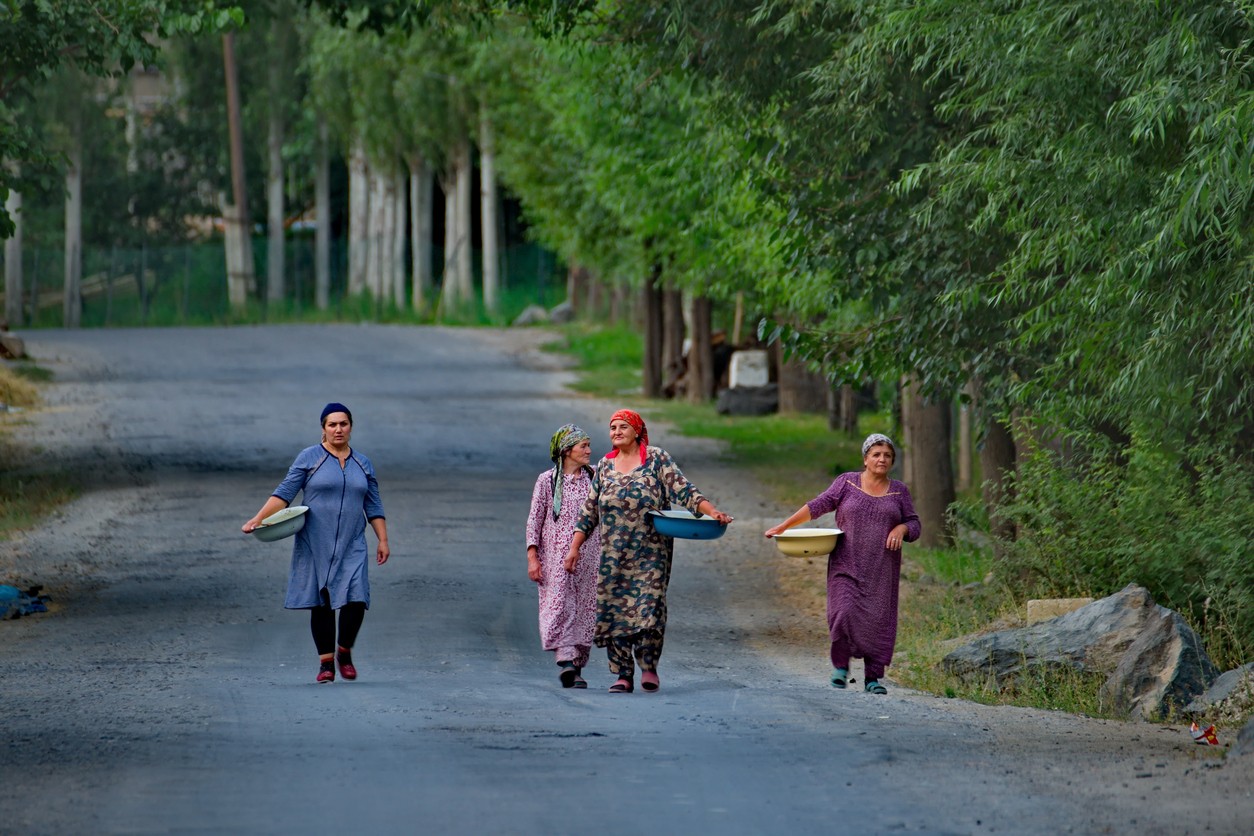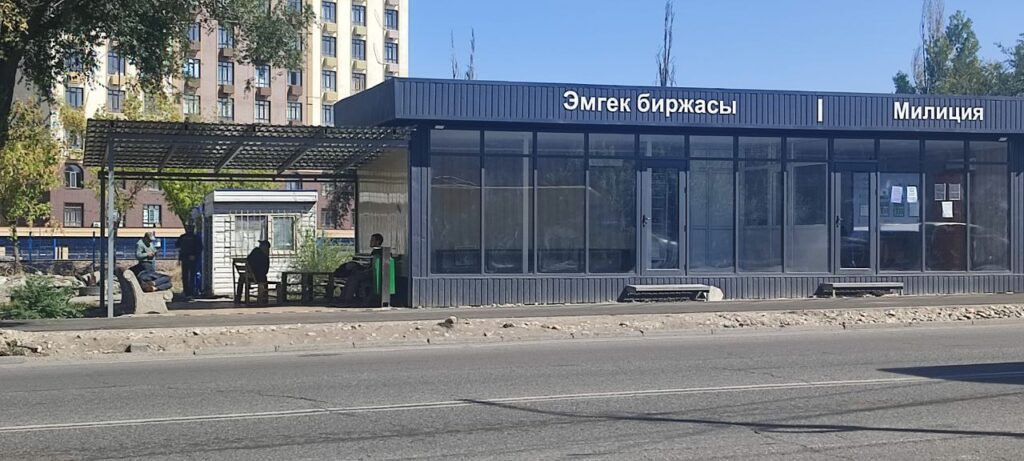Tajikistan is taking steps to further reduce the list of professions prohibited for women, cutting the number from 334 to 194 in 2024. This initiative aims to expand women’s access to employment opportunities in industries previously deemed unsuitable.
According to Shakhnoza Nodiri, Deputy Minister of Labor, Migration, and Employment of Tajikistan, the decision aligns with efforts to modernize production, automate processes, and enhance workplace safety, thereby making previously restricted jobs accessible to women.
The list of banned professions was initially established to protect women’s health from the risks of heavy and hazardous work. However, it is increasingly viewed as a barrier to women’s professional growth. The recent changes are informed by international standards and the recommendations of the European Union, particularly to align with GSP+ preferences, which promote gender equality in the labor force.
“By revising this list, we are enabling women to access new opportunities and strengthen their economic position,” Nodiri emphasized.
Previously, the list included 336 prohibited professions, such as work in underground mines and other roles involving hazardous conditions. With advancements in technology, automation, and improved workplace conditions, 142 professions have been deemed safe for women. However, restrictions remain for roles involving particularly heavy or harmful work.
Data from the Labor and Employment Agency show that in 2024, 29,296 women were employed, marking a 1.4% increase compared to the same period in 2023. This reflects growing opportunities for women in the labor market.
The government plans to continue reducing the list of prohibited professions, aiming to allow women to participate fully in all sectors of the national economy.
Article 216 of the Labor Code of Tajikistan prohibits women from working in heavy and underground industries. Employers who violate these regulations face administrative fines.
Ongoing labor law reforms seek to strike a balance between safeguarding women’s health and ensuring their right to work. As Tajikistan modernizes its labor policies, the country moves closer to achieving a more inclusive and equitable workforce.









